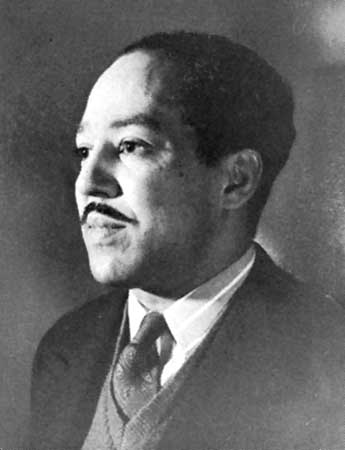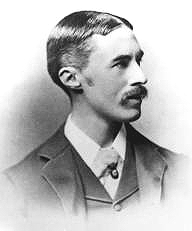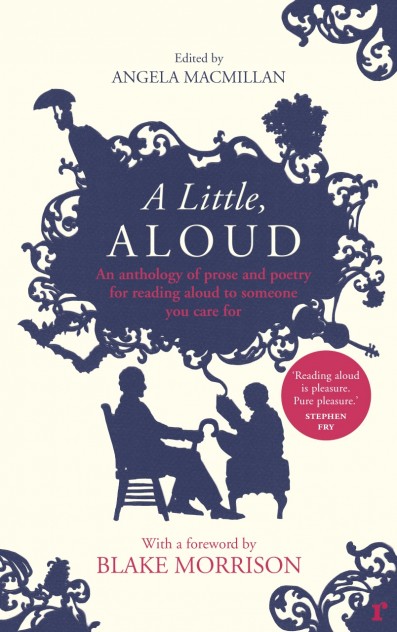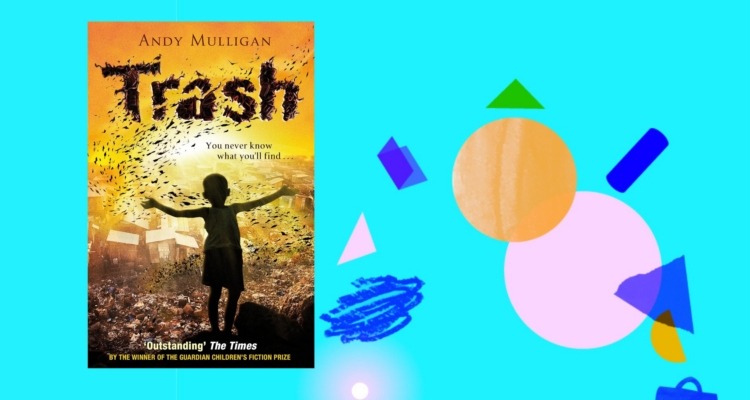Recommended Reads: Poetry and Dementia

Continuing on from yesterday's focus on dementia for World Alzheimer's Day, we look at some of the poems which work well in Shared Reading groups.
Following yesterday's closer look at how Shared Reading can impact on those living with dementia, we've asked a few of our Reader Leaders who deliver groups in care homes and dementia settings to recommend poems which have proved popular in their experience.
Reader Story:
Helen, an experienced Reader Leader, has found that the flexibility of the Shared Reading model adapts well to dementia settings, giving individuals the opportunity to engage with the literature no matter the stage of their condition or verbal communication.
"Part of my role as a Reader Leader is to run Shared Reading groups specifically for people living with dementia. One of the two care home groups I visit each week is made up of residents who are, on the whole, readily able to take part verbally, the other is made up of people at a much later stage in their condition, many of whom have lost speech and are much less responsive.
I read between two or three good quality poems in a sessions rather than prose as it seems much harder for people with advanced dementia to hold onto longer narrative passages. The music of poetry also seems to play a great part in its success - often residents will begin to move, nodding or rocking as they're being read to.
The poems vary in terms of what you might call difficulty, it's not unusual for us to read Shakespeare for example but I generally avoid bringing anything too fragmented.
I give every member of the group a large print copy of the poem we're going to read in case they're able and willing to follow along themselves. In other Shared Reading settings, Reader Leaders tend to ask open questions to the whole group to stimulate discussion.
However, in dementia settings, that method if less effective, so when discussing the poem I use direct, closed questions addressed to a particular individual to help group members hold attention and form responses. This method also ensures that those without obvious communication skills get the opportunity to be asked a question and respond in way available to them: smiling, making movements, eye contact or efforts to talk are all things I have seen which seem to indicate something is happening.
The Reader Recommends... poems to share:
Helen recommends: Sonnet 73 by William  Shakespeare
Shakespeare
"That time of year thou mayst in me behold
When yellow leaves, or none, or few, do hang
Upon those boughs which shake against the cold,
Bare ruin’d choirs, where late the sweet birds sang..."
Michael recommends: Burnt Toast by Elinor Lyons:
"It was a dusky tea-time,"
He said; "do you remember?
And - just as we are now -
We were making toast;
One side of your face was flushed from the fire;
I kissed your hot cheek, and then the cool one,
And I heard your breath come quick;
Our hearts were enchanted then for a thousand years,
And the toast got burnt...”
Chris recommends: Dreams by Langston Hughes

"Hold fast to dreamFor if dreams dieLife is broken-winged birdThat cannot fly.Hold fast to dreamsFor when dreams goLife is barren fieldFrozen with snow."
Chris says of the poem:
"A deceptively deep poem here that lends itself to slow, close reading. What seems bleak reveals itself to many different readings, 'Dreams' is very open and gives readers the space to wonder about the different layers of meaning that make it accessible on so many different levels. I like how it allows group members to really bring themselves to the poem, the ambiguity of what 'dreams' are in the poem has always been a good talking point and it's so rewarding to celebrate the different perspectives people share: they are life's aspirations, sleeping dreams, daydreams. "
Katie recommends: Spring by Gerard Manley Hopkins
"NOTHING is so beautiful as spring —
When weeds, in wheels, shoot long and lovely and lush;
Thrush’s eggs look little low heavens, and thrush
Through the echoing timber does so rinse and wring
The ear, it strikes like lightnings to hear him sing..."
Maddie recommends: Blue Hills Remembered by AE Housman 
"Into my heart an air that kills
From yon far country blows:
What are those blue remembered hills,
What spires, what farms are those?"
If you're interested in reading with a loved one who is living with dementia or Alzheimer's, The Reader's first published anthology A Little, Aloud provides a selection of carefully chosen short extracts and poems designed to be read aloud with someone you care for or those closest to you: a partner, child, sick or elderly relative. The power of Shared Reading is therapeutic, but most of all, enjoyable.

‘One sheds one’s sicknesses in books.’
DH Lawrence
Lawrence knew it, we knew it, we felt it. And now, science is showing it to be true. Research is uncovering an intimate connection between reading and well-being. Blake Morrison, in his forward, writes ‘What moves us in literature isn’t just the words, on the page, but hearing them resonate, in the air.’
Being read to makes us healthier and happier; it stimulates thought and memory and encourages the sharing of ideas and feelings, hopes and fears.
You can purchase a copy of A Little, Aloud here.
Share
Related Articles

World Book Day® and The Reader celebrate the fun of reading
National reading charity World Book Day is partnering with Shared Reading charity The Reader for a fun-filled day in…

February’s Title Pick for Children: Trash by Andy Mulligan
Through our Bookshelf this year we are exploring the different places that people call home. From the very beginning…

February’s Title Pick for Adults: Great Expectations by Charles Dickens
Great Expectations by Charles Dickens The Reader’s staff and volunteers have been leading Shared Reading groups in many different…



